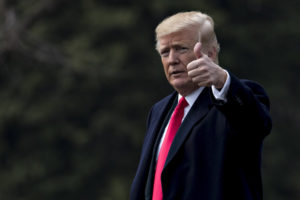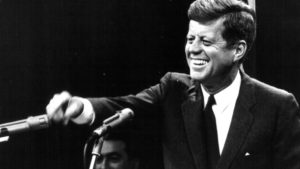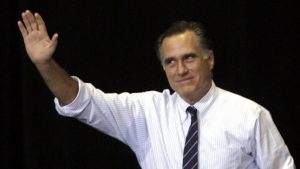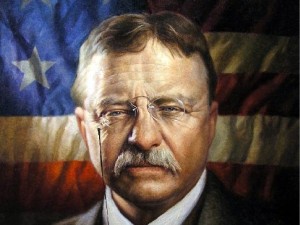What would Honest Abe, Teddy Roosevelt and Ike think of what’s become of the Republican Party? If only we could ask ’em.
Above is a tweet I posted two years ago wondering about the state of today’s GOP and how it was abducted by a form of “populism” that has no real resemblance to the movement that I had grown to understand.
Donald J. Trump got elected president on a pledge to do certain things, all of which he said at the time would be “easy.”
Build a wall along our southern border? Piece of cake.
Make Mexico pay for it? No sweat.
Negotiate the “best trade deals” in U.S. history? Done deal.
Craft a new health care program? Got it.
Cut taxes for everyone? Perfecto.
And so it went. How has he done? Not too well, by my way of looking at it.
As for the “populist” angle he pursued while running for office, the president hasn’t fulfilled that promise either. He continues to hobnob at his extravagant resorts. I haven’t seen him visiting housing projects, or tour squalid neighborhoods in Appalachia.
Indeed, Housing Secretary Ben Carson recently announced a desire to triple the rent paid by low-income residents of government housing. Dr. Carson then said his idea would “incentivize” residents to improve their lot in life and get them out of housing projects.
Man, that’s just so damn populist of him. Don’t you think?
Back to my Twitter message of two years ago. What, precisely, does the Republican Party stand for these days? Does it go along merely with what the president desires, even though this president had no history of political activism — let alone political experience of any kind — before he ran for the highest office in the land?
The party of Abe, TR and Ike is now the party of Trump.
President Lincoln stood for unifying the nation; President Theodore Roosevelt was an environmental champion; President Eisenhower sought to return the nation to a peace footing after so many years of open warfare in Europe, the Pacific and in Korea.
What does Trump believe? He touts his hatred of the media, he stiffs the opposing party at every turn, he is ravaged by an endless series of controversies — and a scandal or three — and he promises to “make America great again” by bullying our allies.
I’ll give him props for one potentially huge achievement, if he can pull it off: getting North Korea to back off its nuclear program.
However, a success there doesn’t erase the rest of the nastiness that has pervaded this man’s presidency.
Abe, TR and Ike are spinning in their graves.



